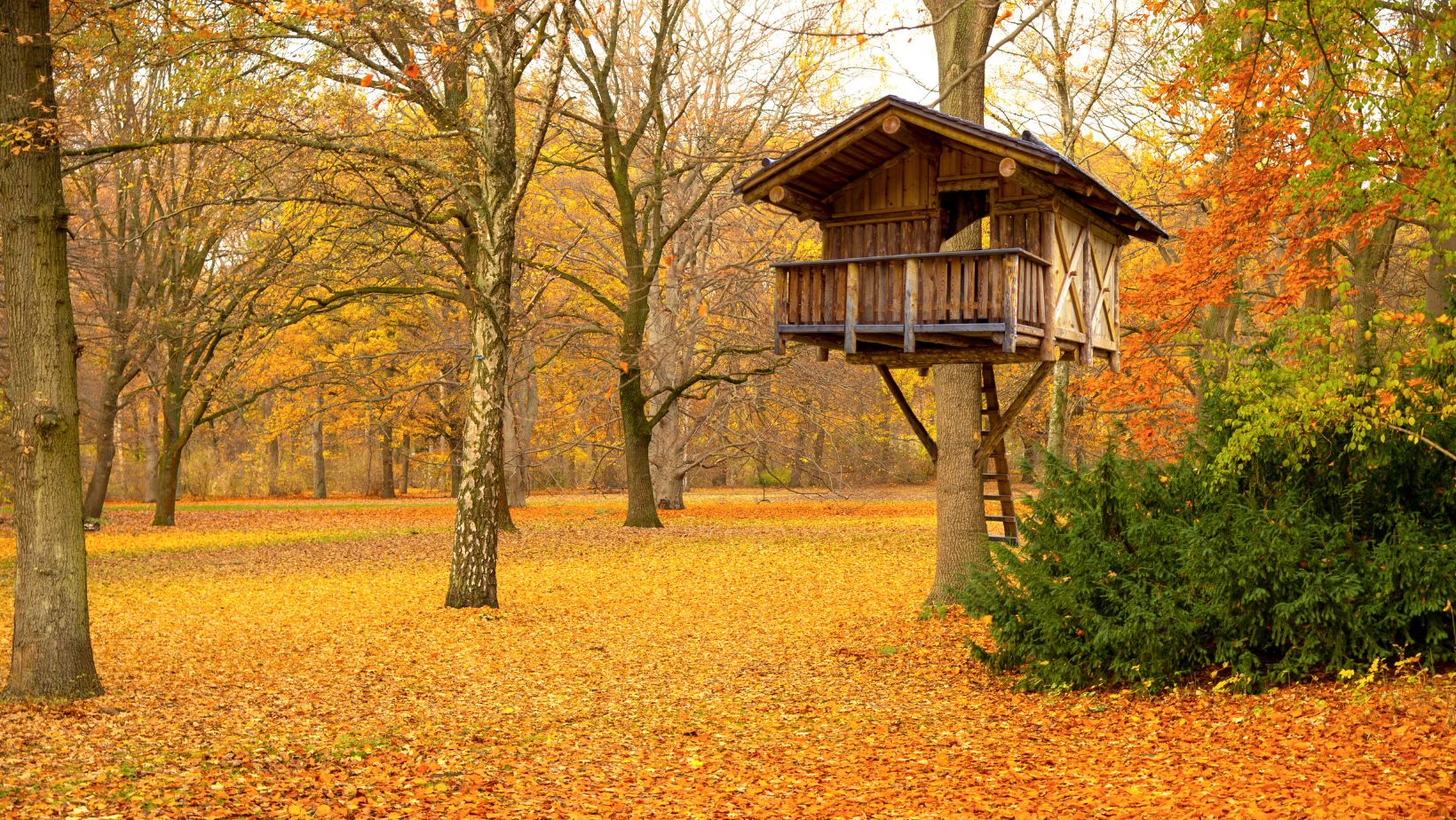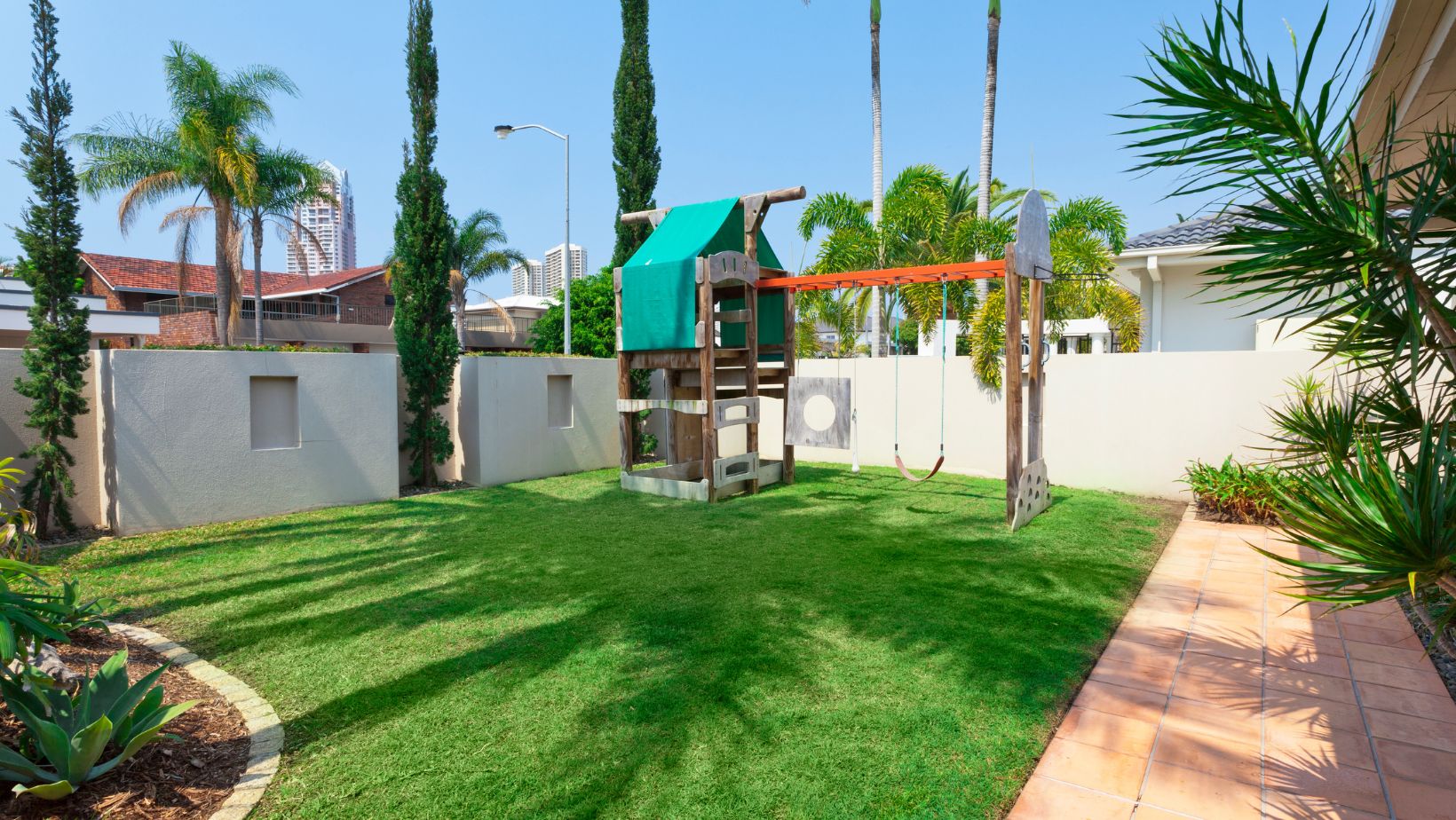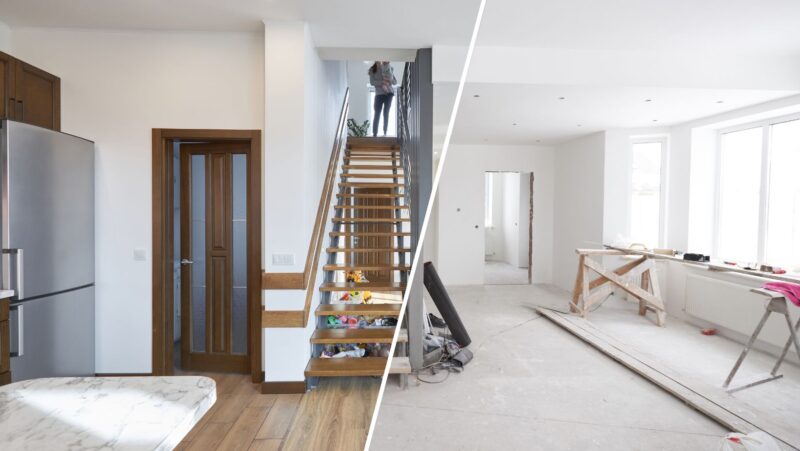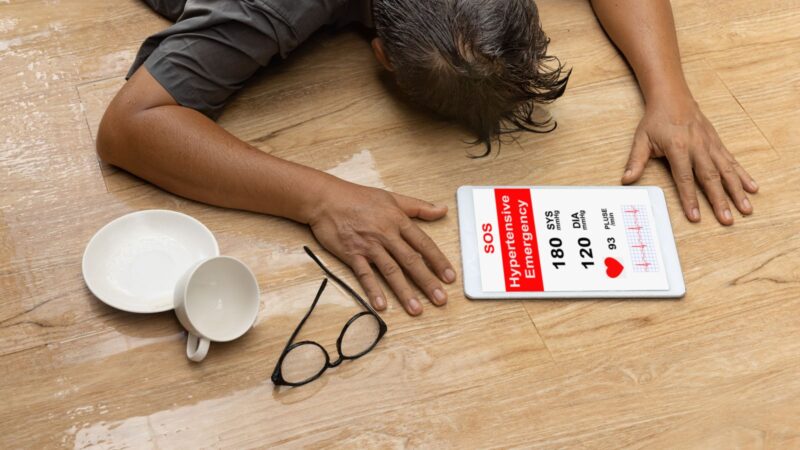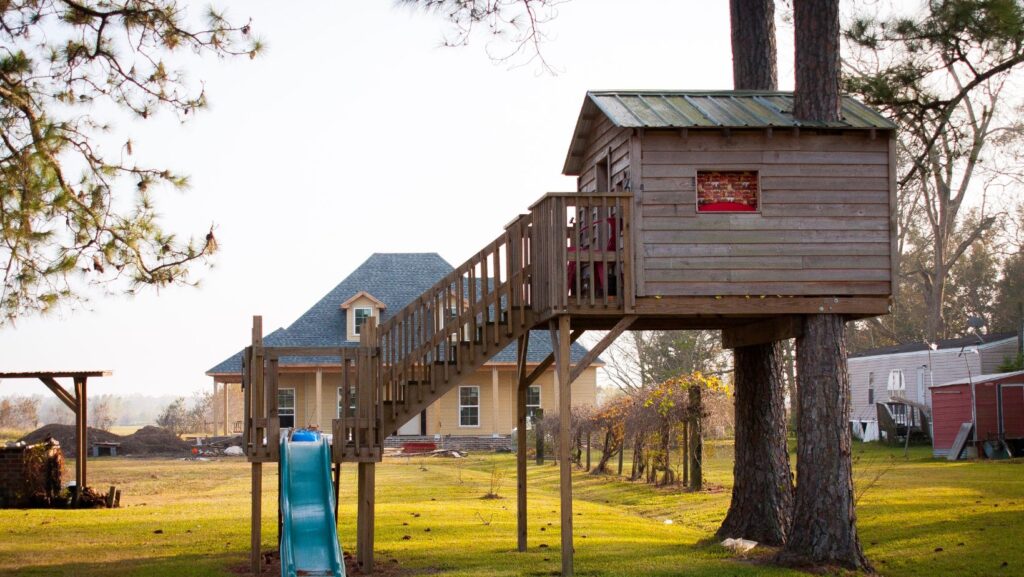
Cubby houses are small, cozy structures often found in gardens or outdoor play areas. They provide children with a space of their own to play, imagine, and explore. So, if you’re looking for reasons why you should buy a cubby house for your children, then you’re in the right place.
Physical Development
Gross motor skills, which use the body’s big muscles, are very important for kids’ physical growth. Cubby houses give kids a lot of chances to do things that help them develop these skills. Climbing up and down stairs, crawling through tunnels, and moving from one level of the cubby house to another all help kids build strength, coordination, and balance.
Kids improve their fine motor skills, which are the smaller muscles in their hands and fingers, by moving things around in the cubby house. Putting things in order, stacking blocks, and turning knobs and handles are all tasks that help improve hand-eye coordination and dexterity.
Cognitive Development
For kids, cubby houses are great places to play make-believe and let their imaginations run wild. Kids can play different parts in these tiny worlds, from firefighters to astronauts, and get lost in their own imaginations. This kind of play not only gets kids thinking creatively, but it also helps them get better at telling stories.
Kids can face hurdles in cubby houses that make them think critically and solve problems. From building the cubby house to adding additional features or overcoming difficulties during play, kids are continually challenged and encouraged to think creatively.
Playing in a cubby house gives kids great chances to make friends and talk about their feelings. Kids learn important social skills like how to share, wait their turn, and settle disagreements when they play together with their friends. Because they play, they also learn to understand and value other people’s feelings.
There is a safe place for kids to talk about their feelings in the cubby house. Children can use the cubby house to process their emotions and interact with others in a supportive environment. This makes them stronger emotionally and teaches them good ways to deal with their feelings.
Language Development
Communication is key in the cubby house, where children engage in conversations, negotiations, and storytelling with their peers. Through these interactions, children expand their vocabulary as they name and describe objects, characters, and events within the cubby house environment. They also learn to express their thoughts, ideas, and feelings effectively, enhancing their communication skills in the process.
Additionally, the cubby house provides a rich linguistic environment where children can practice turn-taking, listening, and responding to others. These skills are essential for effective communication and lay the foundation for strong interpersonal relationships in the future.
Sensory Stimulation
Cubby houses stimulate children’s senses as they explore the play space’s textures, colors, and materials. From the smooth surface of a slide to the rough texture of a climbing wall to the brilliant colors of painted walls, children are continually exposed to sensory stimuli that improve their sensory perception and awareness.
Water and sand play can be added to the cubby home to give kids hands-on sensory experiences. These activities encourage creativity, discovery, and experimenting while developing sensory skills.
Children can learn about different national traditions, customs, and practices through play in cubby houses, which also help them make friends. Kids learn about diversity and acceptance when they play with other kids from different cultures and backgrounds, whether they are playing out cultural celebrations, festivals, or rituals.
As kids engage with nature, the cubby house promotes environmental knowledge and respect. Planting a garden, watching wildlife, or just enjoying the outdoors helps kids connect with the environment and learn to protect it for future generations.
Parental Involvement and Support
Parents are very important when it comes to letting kids play in the cubby house. Building and decorating a cubby house together as a family not only brings parents and children closer together but also gives kids great chances to learn and improve their skills through hands-on activities.
Additionally, parents can supervise cubby house activities to keep young children safe and encourage curiosity. When parents play with their kids in the cubby house, they can help them grow and develop a love of learning that will last a lifetime.
Get a Cubby House for Your Kids Today!
Cubby homes help kids develop in numerous ways. These simple structures offer many opportunities to improve mental, physical, social, and emotional health. Cubby house play can help kids grow and make memories of joy and exploration.
With that said, discover the ultimate playtime haven as you explore and shop cubby houses Australia, where quality meets imagination for endless childhood adventures.

